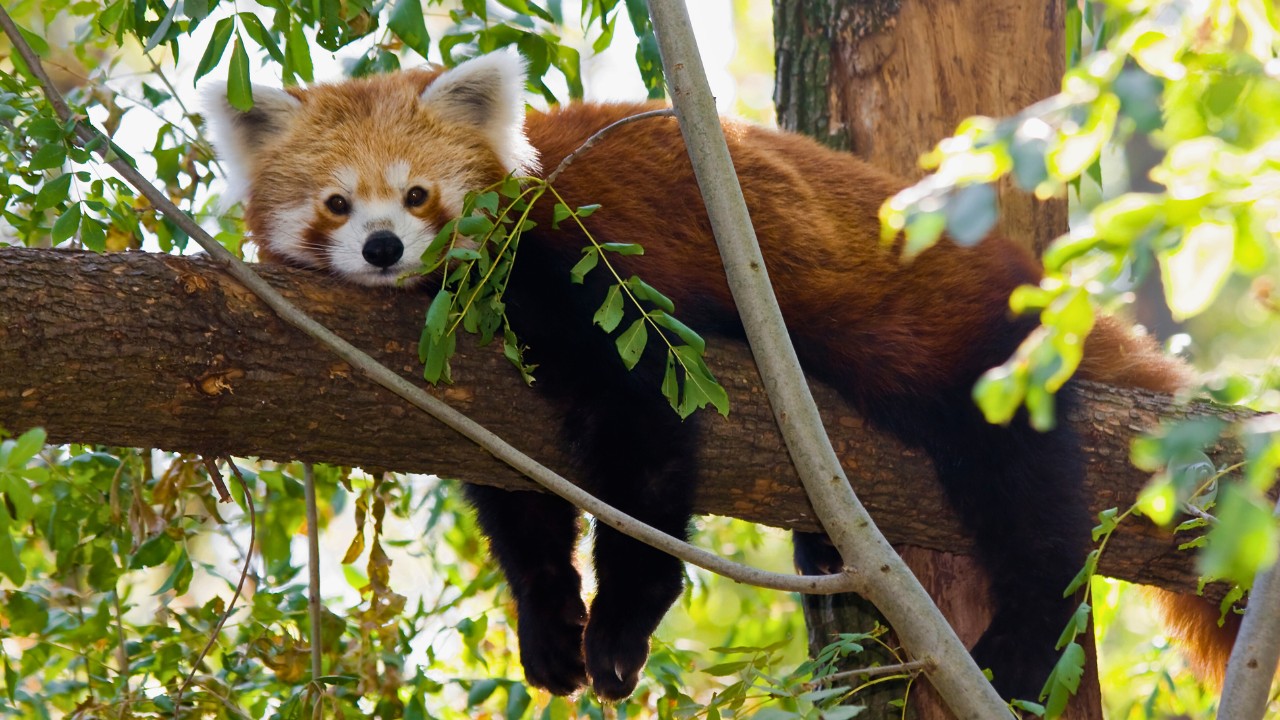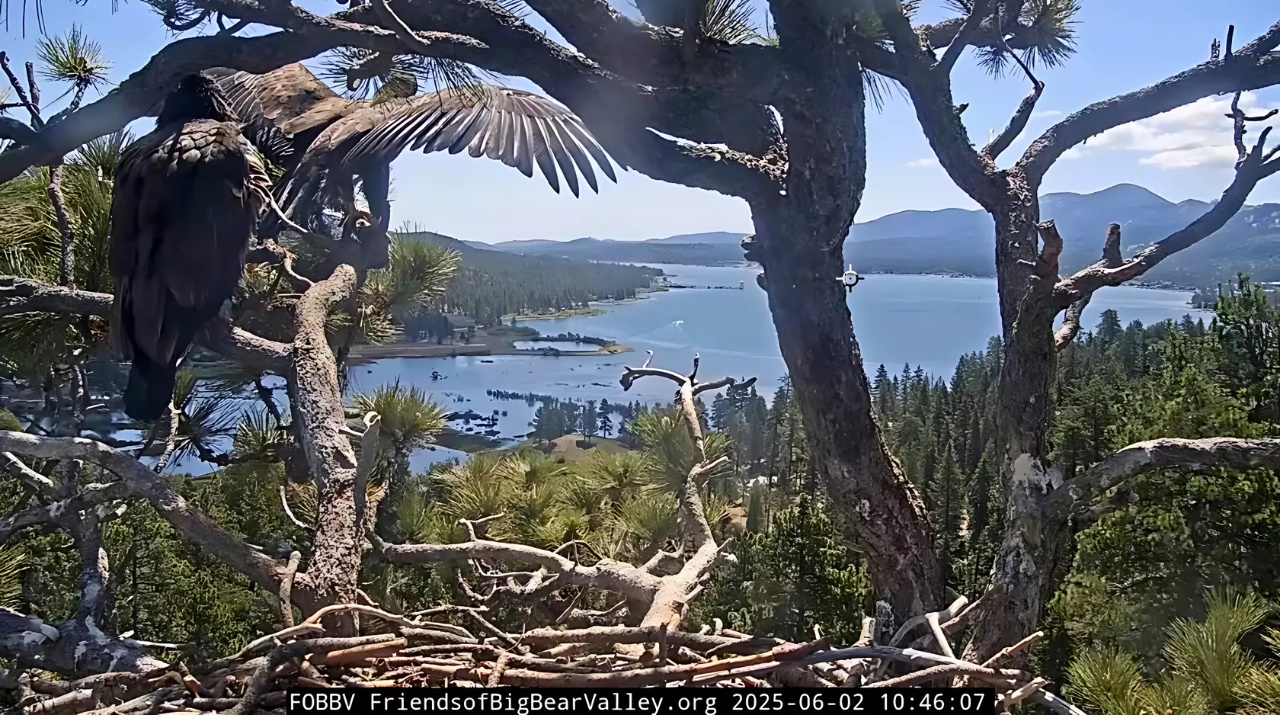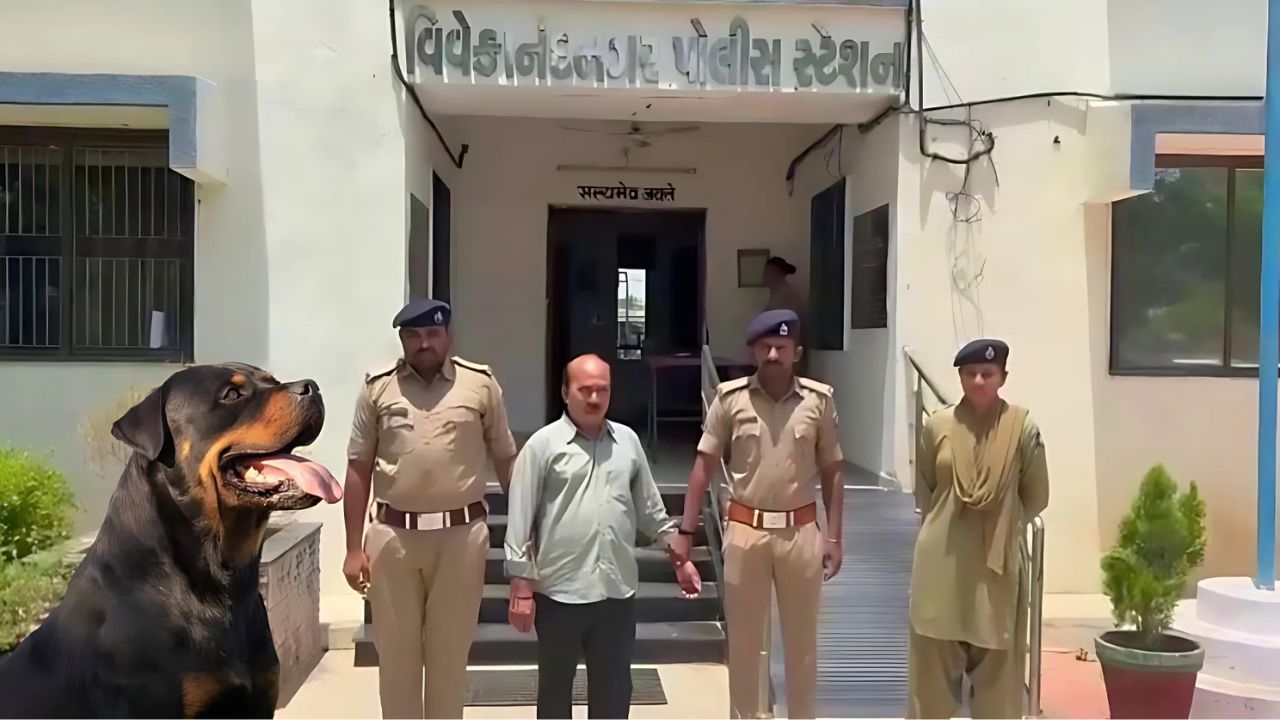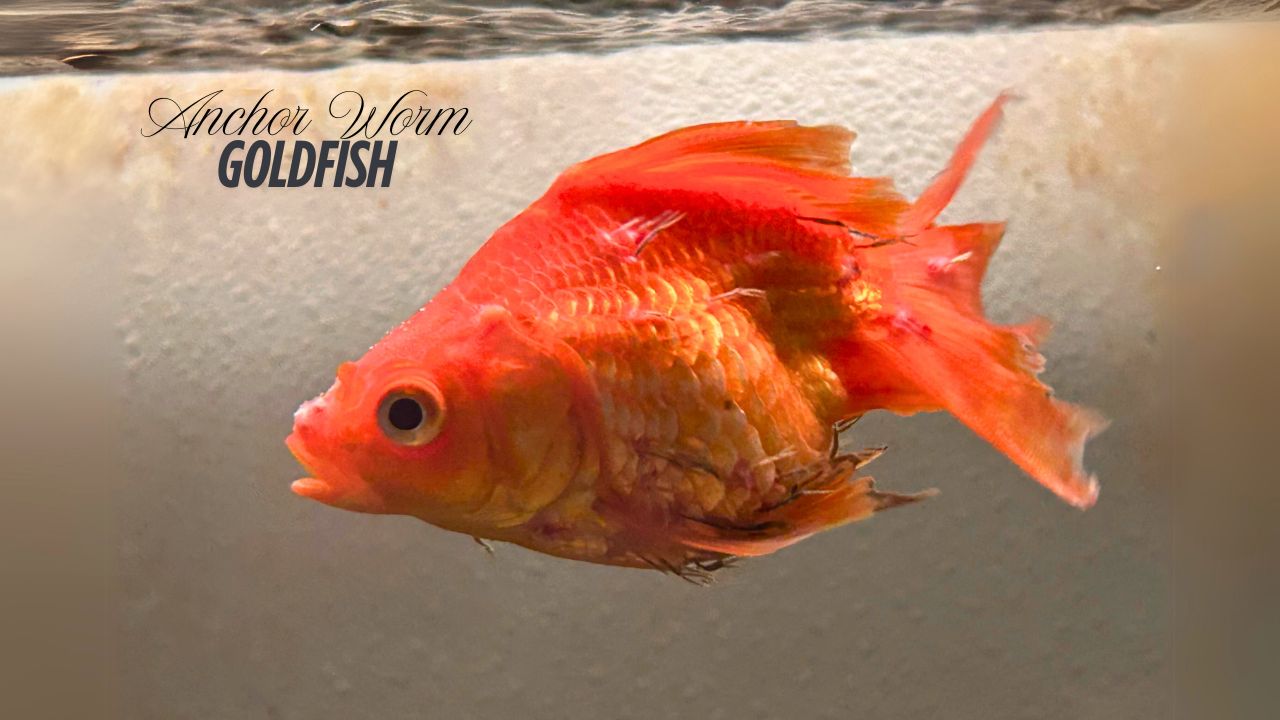In a shocking incident from Davanagere, Karnataka, a man has been arrested for using crude bombs to hunt wild animals, highlighting a serious environmental and legal violation. The arrest sheds light on the perilous methods employed in poaching, posing severe threats to wildlife and human safety.
Key Highlights:
- Basavarajappa, aged 42, was arrested for using homemade explosives for hunting in the Haramaghatta Forest area.
- Police are on the lookout for two accomplices, emphasizing the seriousness of the crime.
- The incident underscores the critical need for enhanced wildlife conservation efforts and legal awareness.
In a concerning development from Davanagere, Karnataka, forest department officials have apprehended a man for utilizing crude explosive devices to hunt wildlife. This arrest brings to light the illegal and dangerous methods being used in poaching, threatening not only animal populations but also human safety and ecological balance.
The Arrest and Immediate Actions
The individual, identified as Basavarajappa, a resident of Doddethinahalli Village, was caught in the act within the Haramaghatta Forest area of Nyamathi Taluk. His arrest followed a tip-off about illegal hunting practices in the region.

The forest department’s swift action highlights the ongoing efforts to combat wildlife crimes. However, two of Basavarajappa’s associates, Veeranna and Appu, remain at large, with authorities intensifying their search to bring them to justice.
Environmental and Legal Implications
This incident raises significant concerns regarding wildlife conservation and the legal mechanisms to deter such egregious acts. The use of crude bombs for hunting is not only inhumane but also illegal, posing severe risks to biodiversity and undermining conservation efforts.
It highlights the urgent need for stronger enforcement of wildlife protection laws and increased public awareness about the consequences of such actions.
Ongoing Investigations and Public Reaction
In collaboration with local law enforcement, the forest department is conducting thorough investigations to uncover the extent of this illegal hunting network. The public reaction has been one of shock and concern, with many calling for stricter penalties for wildlife crimes and more robust conservation strategies.
The incident in Davanagere sheds light on the broader challenges facing wildlife conservation in India. Despite stringent laws like the Wildlife Protection Act of 1972, enforcement remains a challenge. This case serves as a call to action for strengthening legal frameworks, enhancing surveillance and patrolling in vulnerable areas, and fostering community involvement in conservation efforts.
Summary
The arrest in Davanagere for hunting with crude bombs is a stark reminder of the persistent threat to wildlife and the need for concerted efforts to combat poaching. It emphasizes the importance of stringent law enforcement, community engagement, and awareness-raising to preserve biodiversity.
As investigations continue, this incident can catalyze positive change, ensuring wildlife protection for future generations.










